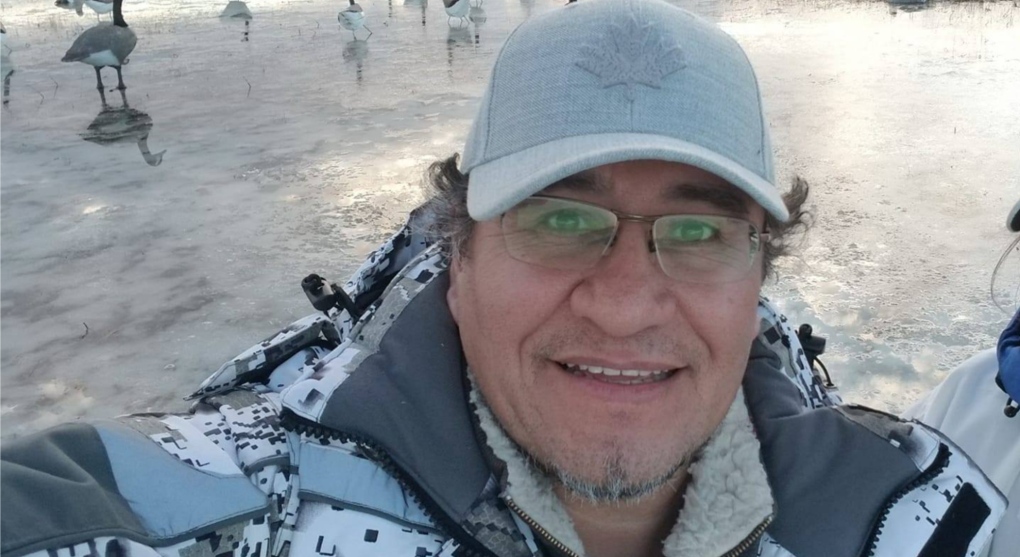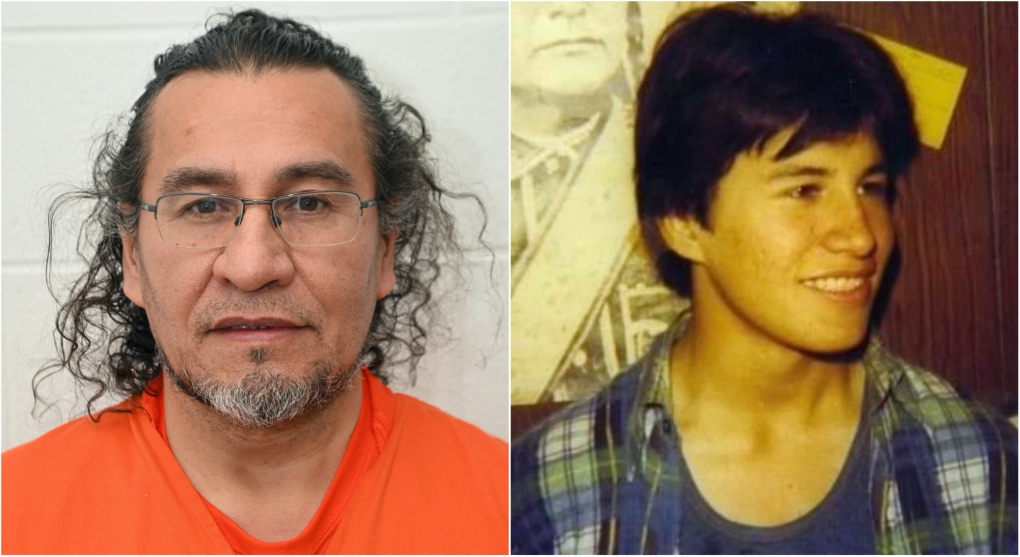Forensic company who helped police crack Gilmour, Tice cases reveals how they did it
The company that helped the Toronto police crack a decades-old cold case is revealing more details about how they identified a suspect in the grisly murders of two Toronto women in 1983.
Othram Inc., a Texas-based lab that leverages forensic genealogy to solve cold cases, was a crucial piece in helping investigators identify Joseph George Sutherland.
On Monday, Toronto police announced that they had arrested the 61-year-old in connection with the murders of two Toronto women in 1983, Erin Gilmour and Susan Tice.
Othram’s Chief Development Officer, Kristen Mittleman, told CTV News Toronto that Toronto police handed their team a piece of evidence after the force exhausted standard forensic testing and found no matches.
“Our DNA testing is something that no one else on earth can do right now the way that we do it here at Othram. We are the first lab that's purpose-built to take this type of evidence and use it for this really advanced forensic genome sequencing process,” Mittleman said.
It’s Othram’s job to then determine if the DNA picked up from the evidence is sufficient to sequence, she said.
“I believe that this [DNA sample] was a sperm fraction,” Mittleman said, noting that their team discovered a “mixture” of DNA samples from the “perpetrator and victim” in this particular cold case.
 An image of Joseph George Sutherland. (Facebook/Joseph G. Sutherland)In the “exact same manner” Mittleman said they worked with the Toronto police to uncover the man responsible for the murder of nine-year-old Christine Jessop who was sexually assaulted and killed more than 35 years ago.
An image of Joseph George Sutherland. (Facebook/Joseph G. Sutherland)In the “exact same manner” Mittleman said they worked with the Toronto police to uncover the man responsible for the murder of nine-year-old Christine Jessop who was sexually assaulted and killed more than 35 years ago.
Though Othram did not work on the infamous Golden State Killer case involving the former California police officer who raped and murdered dozens of victims in the 1970s and 80s, Mittleman said the same technology was used.
She said the key difference between the Sutherland and the Golden State Killer case was that the latter had “multiple victims and a ton of DNA,” whereas the Toronto cold case had a “very small” and “intractable” sample.
Once Othram processed the DNA, they gave it to a genealogist at the Toronto Police Service who uploaded it to a genealogical database to cross reference with genetic information of the suspect’s relatives and eventually zero in on Sutherland.
“They were able to take all those matches and work back through the genealogical tree until they came to the identity of the perpetrator,” Mittleman said.
 Joseph George Sutherland, 61, of Moosonee, was arrested on Thursday. (Supplied)“They use our result as an investigative lead to go investigate the case, figure out if that person was someone that could have been in the area at the time, fit the description of what happened, and then they do standard forensic testing again, to confirm the result.”
Joseph George Sutherland, 61, of Moosonee, was arrested on Thursday. (Supplied)“They use our result as an investigative lead to go investigate the case, figure out if that person was someone that could have been in the area at the time, fit the description of what happened, and then they do standard forensic testing again, to confirm the result.”
When Othram launched, Mittleman said they were solving multiple cold cases over the course of a year. But now, she said they are working on multiple cases a week with the hope of that eventually surging to multiple cases an hour.
“I think that cold cases will be extinct within the next decade,” she said.
“People won't have to wait decades to find out what happened to their loved one. I really do believe that perpetrators are going to start getting caught the first time they commit a crime, rather than having to wait till the second, third, fourth, or whenever they get caught. I also believe that that's going to start becoming a deterrent for crime.”
CTVNews.ca Top Stories

BREAKING Police investigating shooting outside of Drake's Bridle Path mansion: source
Toronto police are investigating a shooting that took place outside of Drake’s Bridle Path mansion early Tuesday morning, a source tells CP24.
Canadian cadets rock mullets and place second at U.S. military competition
Sporting mullets, Canadian Armed Forces officer cadets placed second in an annual military skills competition in the U.S.
'It looked so legit': Ontario man pays $7,700 for luxury villa found on Booking.com, but the listing was fake
An Ontario man says he paid more than $7,700 for a luxury villa he found on a popular travel website -- but the listing was fake.
Your body needs these three forms of movement every week
Movement is movement, right? Not exactly. Here’s what your body is looking for in addition to your morning walk or yoga session, according to experts.
The Met Gala was in full bloom with Zendaya, Jennifer Lopez, Mindy Kaling among the standout stars
The Met Gala and its fashionista A-listers on Monday included Jennifer Lopez, Zendaya and a parade of others in a swirl of flora and fauna looks on a green-tinged carpet lined by live foliage.
Quebec to limit sperm donations per donor after 3 men from same family father hundreds of children
Quebec is looking at tightening the regulations around sperm donation in the province following the release of a documentary that revealed three men from the same family fathered hundreds of children.
There's actually no such thing as vegetables. Here's why you should eat them anyway
The rumours are true: Vegetables aren't real — that is, in botany, anyway. While the term fruit is recognized botanically as anything that contains a seed or seeds, vegetable is actually a broad umbrella term.
Noelia Voigt resigns as Miss USA, citing her mental health
Noelia Voigt, who was crowned Miss USA in November 2023, has announced she is resigning from her role, saying the decision is in the best interest of her mental health.
Highlights from the 2024 Met Gala exhibit: Sleeping Beauty would wake up for these gowns
Sure, she was a royal princess and all. But there’s no way Sleeping Beauty — either before or after her nap — ever had quite the fabulous wardrobe that’s been assembled at the Metropolitan Museum of Art.





























